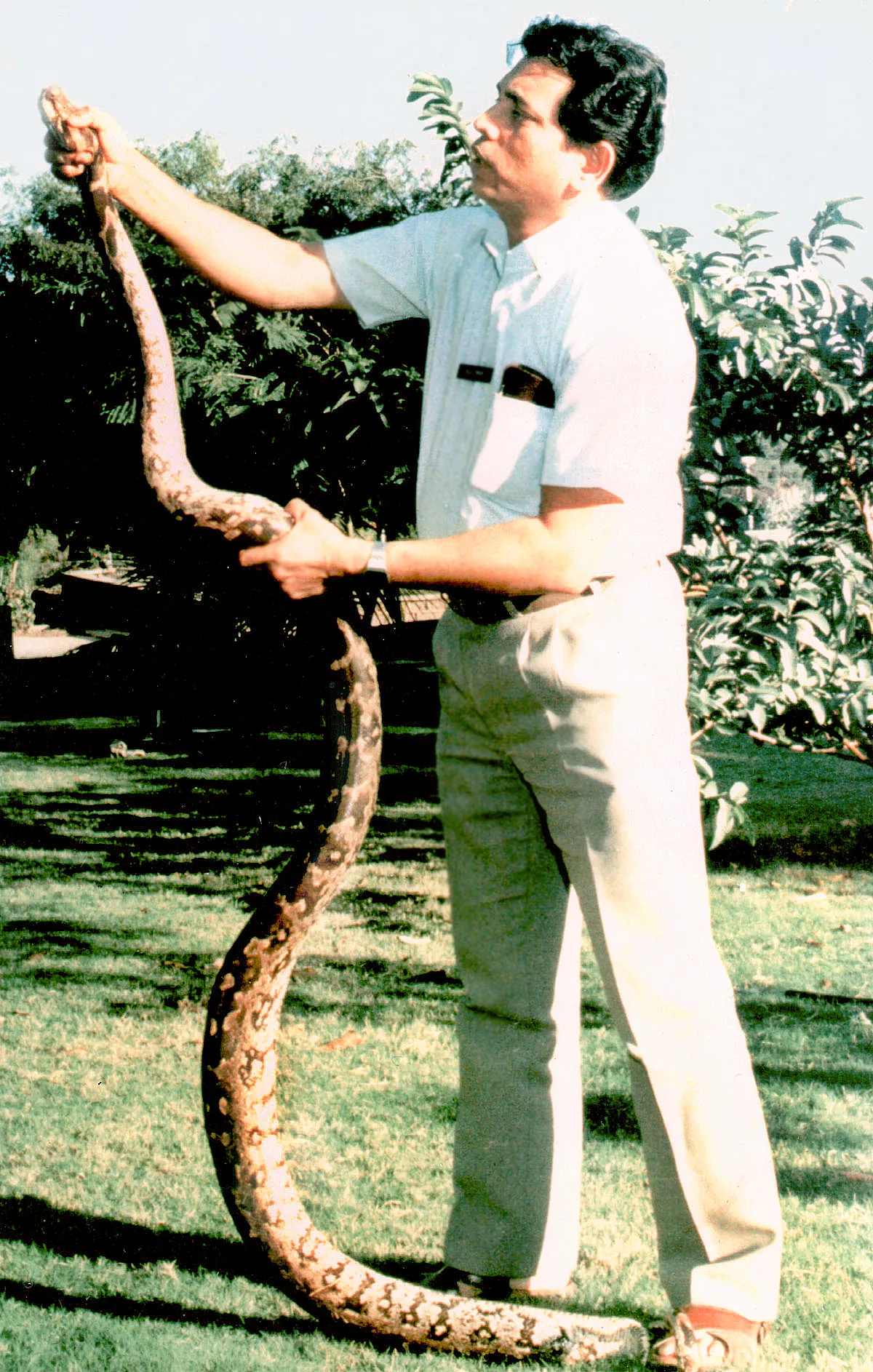 1.
1. Lalji Singh was an Indian scientist who worked in the field of DNA fingerprinting technology in India and pioneer of Assisted reproductive technology, where he was popularly known as the "Father of Indian DNA fingerprinting".

 1.
1. Lalji Singh was an Indian scientist who worked in the field of DNA fingerprinting technology in India and pioneer of Assisted reproductive technology, where he was popularly known as the "Father of Indian DNA fingerprinting".
Lalji Singh founded various institutes and laboratories in India, including the Centre for DNA Fingerprinting and Diagnostics in 1995, Laboratory for the Conservation of Endangered Species in 1998, and Genome Foundation in 2004, aiming to diagnose and treat genetic disorders affecting the Indian population, in particular the under-privileged people residing in rural India.
Lalji Singh served as the 25th Vice Chancellor of Banaras Hindu University and Chairman of Board of Governors of Indian Institute of Technology Varanasi from August 2011 to August 2014.
Lalji Singh was born and raised in a small village Kalwari in Jaunpur District of Uttar Pradesh, India.
Lalji Singh's father, Suryanarayan Singh, was a farmer and used to serve as head of the village.
Lalji Singh underwent his primary education up to eighth standard at a government school in Kalwari.
Lalji Singh scored the highest marks in his Master's degree class at BHU in 1966, and won the Banaras Hindu Gold Medal for standing first in order of merit.
Lalji Singh was awarded a Junior Research Fellowship by the University Grants Commission in 1966.
Lalji Singh received the INSA Medal for Young Scientists in 1974, for his research work in the field of cytogenetics.
In 1974, Lalji Singh received the Commonwealth Fellowship to carry out research at the University of Edinburgh, UK, where he worked until 1987.
In June 1987, Lalji Singh returned to India and joined the Centre for Cellular and Molecular Biology in Hyderabad, as a senior scientist.
Lalji Singh developed and established the DNA fingerprinting technology for forensic investigation of crime and civil disputes.
In July 1998, Lalji Singh became the fourth director of the CCMB, where he served until July 2009.
Lalji Singh was awarded the Shanti Swarup Bhatnagar Fellowship of CSIR in January 2010 to December 2014.
On 22 August 2009, Lalji Singh was appointed as the 25th Vice Chancellor of Banaras Hindu University in Varanasi, India.
From 2014 Lalji Singh was associated with several academic and research organisations in various capacities.
Lalji Singh served as director of the Genome Foundation, a non-profit organization aiming to develop cheap molecular diagnostics for genetic disorders prevalent in rural India.
Lalji Singh published more than 230 research papers during his 45 years of research, and as of April 2013 he had an h-index of 30.
In 1987 through 1988, while working in the CCMB, Lalji Singh established that this Bkm-derived probe could be used to generate individual specific DNA Fingerprints of humans for forensic investigations; and in 1988, he used that probe for the first time to solve a case of parentage dispute in India.
In 1991, Lalji Singh produced the first DNA fingerprinting based evidence in an Indian Court to settle a disputed paternity.
In 2004, Lalji Singh founded a non-profit research and service organization, the Genome Foundation, with the aim of diagnosing and treating genetic disorder affecting the Indian population, in particular the under-privileged people residing in rural India, with the participation and voluntary services of scientists and professionals.
Lalji Singh died in Varanasi, India following a heart attack on 10 December 2017 at the age of 70.
Lalji Singh complained of chest pain when he reached the Lal Bahadur Shastri Airport to board a flight for Delhi.
Lalji Singh was taken to the Banaras Hindu University Trauma Centre from there but he could not be saved.
Some notable awards conferred to Lalji Singh are as follows:.